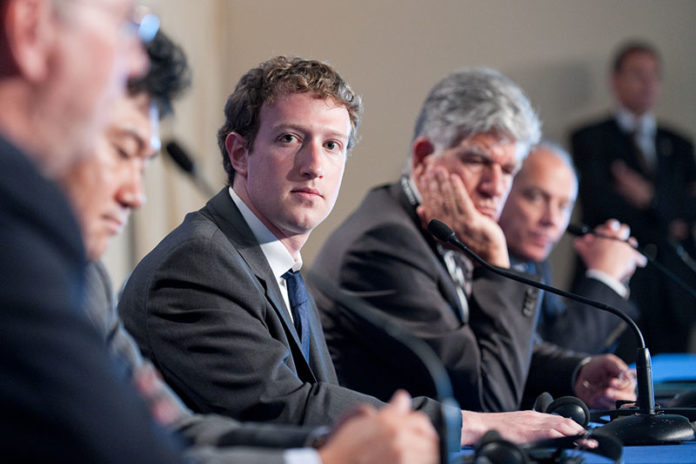Facebook is facing sever public backlash, plummeting stock prices, and fleeing advertisers in the wake of revelations that the data of over 50 million users was used for political marketing purposes.
On March 17, the New York Times and The Observer broke the story that Cambridge Analytica, a data analysis firm employed by the Trump campaign, secretly used data taken from 50 million users, in violation of Facebook’s terms of service.
It took Facebook five whole days to officially respond to the controversy once the story broke. In a lengthy post, Mark Zuckerberg explained that “the most important actions to prevent this from happening again today we have already taken years ago,” referring to the closing of the loophole that gave developers the data of friends of users.
Zuckerberg also promised to investigate other apps that had access to large amounts of data prior to the 2014 fix, do more to limit the access that developers have to user data, and create greater transparency to ensure that users know how much of their personal information apps have access to.
Cambridge Analytica obtained the data from Aleksandr Kogan, a researcher at the University of Cambridge. Kogan collected the data through a Facebook personality quiz app. Thanks to a known loophole in Facebook’s API, the app collected not only the data of the 270,000 people who used it, but also of more than 50 million of their friends. Facebook closed this loophole in 2014, but by then Kogan had already managed to obtain this massive amount of data.
While Facebook permits the collecting of data by developers like Kogan for research purposes, they explicitly forbid the sale or sharing of that data without users’ consent. When Facebook learned that Kogan had provided the user data to Cambridge Analytica, they banned Kogan’s app and demanded that Cambridge Analytica delete all data received from him. However, Cambridge Analytica secretly kept that data and continued to use it, most recently for Donald Trump’s 2016 election campaign.
However, for many critics, Zuckerberg’s apology was far too little too late. While Cambridge Analytica did violate Facebook’s terms of service, many have the laid the blame on Facebook for not taking a more active role in protecting their user’s privacy.
Facebook has been under fire recently from both sides of the aisle, both over privacy concerns as well as perceptions of political bias. This new scandal has further stoked the growing calls for heavier regulation of Facebook and other large web platforms.
In a recent interview with Wired, Zuckerberg expressed a level of openness toward greater regulation, expressing a preference for flexible guidelines that allow companies to improve the way they handle concerns rather than hardline rules that demand a certain method. He cited German hate speech laws, which require a specific process for addressing hate speech that Zuckerberg feels is less effective than the methods Facebooks uses to limit hate speech elsewhere.
He also expressed support for the Honest Ads Act, which would require increased transparency regarding the funding of online political ads, and noted that Facebook’s approach already includes much of what would be required if the bill were passed.
However, most critics are calling for more than these so-called ‘flexible guidelines’. Some have advocated for stronger privacy laws that more tightly control how web platforms handle user data, and some such as political marketing professional Eric Wilson have gone so far as to argue that Facebook should be broken up under antitrust laws.
Demands immediately rose that Mark Zuckerberg should be made to testify before Congress. However, once this process begins, Congress will likely use it as an opportunity to tighten government control over tech giants like Facebook.
[totalpoll id=”8982″]





























